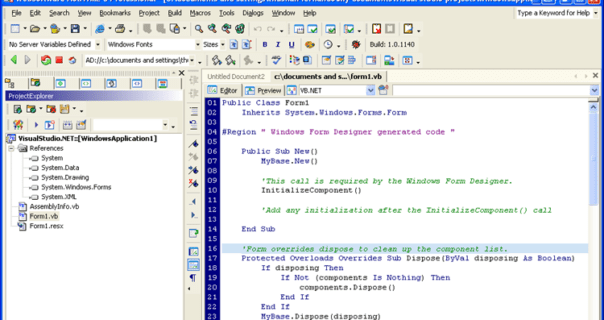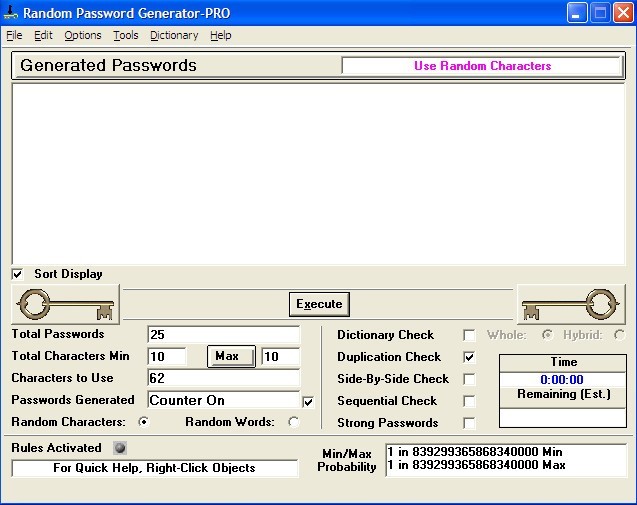

- PHP RANDOM PASSWORD GENERATOR FUNCTION HOW TO
- PHP RANDOM PASSWORD GENERATOR FUNCTION CODE
- PHP RANDOM PASSWORD GENERATOR FUNCTION LICENSE
- PHP RANDOM PASSWORD GENERATOR FUNCTION DOWNLOAD
(You can download the complete “Generate Random Password with PHP” file from the right sidebar. Now, when you want to use these variables you can simply use them or echo them out. Password Generator Library Maintainers Details /hackzilla/password-generator Source Issues Installs : 2 438 629 Dependents : 16 Suggesters : 0 Security : 0 Stars : 261 Watchers : 8 Forks : 37 Open Issues : 4 1.6.0 23:18 UTC Requires php: >7.1.0 Requires (Dev) phpunit/phpunit: 9. If you omit length parameter then it will generate 8 character long password by default. To generate random password simply pass the desired length of password in this function. $letters = substr(str_shuffle($letters), 0, $chars) It uses PHP’s handy str_shuffle() function: It’s particularly useful when generating passwords for users that they will then change in the future. There are a number of ways to do this, but in needing to do it recently I came up with this very simple function that will generate a random password (or any other random string) of whatever length you wish. When creating web apps, there is often a need to generate a random password for your new or existing users.
PHP RANDOM PASSWORD GENERATOR FUNCTION HOW TO
In this simple and short tutorial we are going to learn how to generate random password with php. If you need to use this in a PHP 5 project, feel free to grab a copy of random_compat, which is a polyfill for these functions.(You can download the complete “Generate Random Password with PHP” file from the right sidebar. Throw new Exception('$keyspace must be at least two characters long') $keyspace = '0123456789abcdefghijklmnopqrstuvwxyzABCDEFGHIJKLMNOPQRSTUVWXYZ'

* string $keyspace A string of all possible characters * int $length How many characters do we want? * For PHP 7, random_int is a PHP core function * pseudorandom number generator (random_int) * Generate a random string, using a cryptographically secure It's trivial to turn the latter function into a string generator function:
PHP RANDOM PASSWORD GENERATOR FUNCTION CODE
Leave them both there so your code will be more portable." 300 My one line solution for generate short string is substr (md5 (rand ()), 0, 7) good luck. NB: it is generally safe to leave both the attempt to read /dev/urandom and the attempt to access CAPICOM in your code, though each will fail silently on the other's platform. redundancy and useless =CRLF by hashing. if we ask for binary data PHP munges it, so we On most Unix/Linux and/or MS-Windows platforms you can get a better grade of pseudorandom bits from the OS or system library, like this: GetRandom(16,0) This allows the passwordverify() function to verify the hash without needing. Therefore, all information thats needed to verify the hash is included in it. a random salt will be generated by passwordhash() for each password hashed. "If you need some pseudorandom bits for security or cryptographic purposes (e.g.g., random IV for block cipher, random salt for password hash) mt_rand() is a poor source. passwordhash (PHP 5 > 5.5.0, PHP 7, PHP 8) passwordhash. Here is some PHP code to obtain a secure random 128-bit string, from this comment at php.net by Mark Seecof:
PHP RANDOM PASSWORD GENERATOR FUNCTION LICENSE
This is not a license or excuse to accept making even more of it insecure. A system is only as strong as its weakest part. People think they are being smart and clever and the result of their labor are fragile systems and devices which put the security of their systems and the security of other systems (via poor advice) in unecessary jeopardy. The seed cancels out (deterministic mt_rand()) and so there is no point at all in even including it. Misusing them in this manner is no more secure than using the seed and rand() data before it had been hashed and I'm sure you recognize that is not a good idea. I can't stress enough the importance of realizing hashes are NOT magical entropy increasing devices. I strongly recommend targeting /dev/urandom on unix systems or the crypto-api on the windows platform as an entropy source for passwords.


 0 kommentar(er)
0 kommentar(er)
